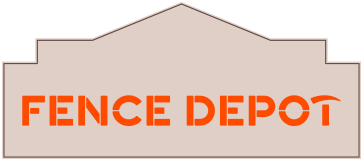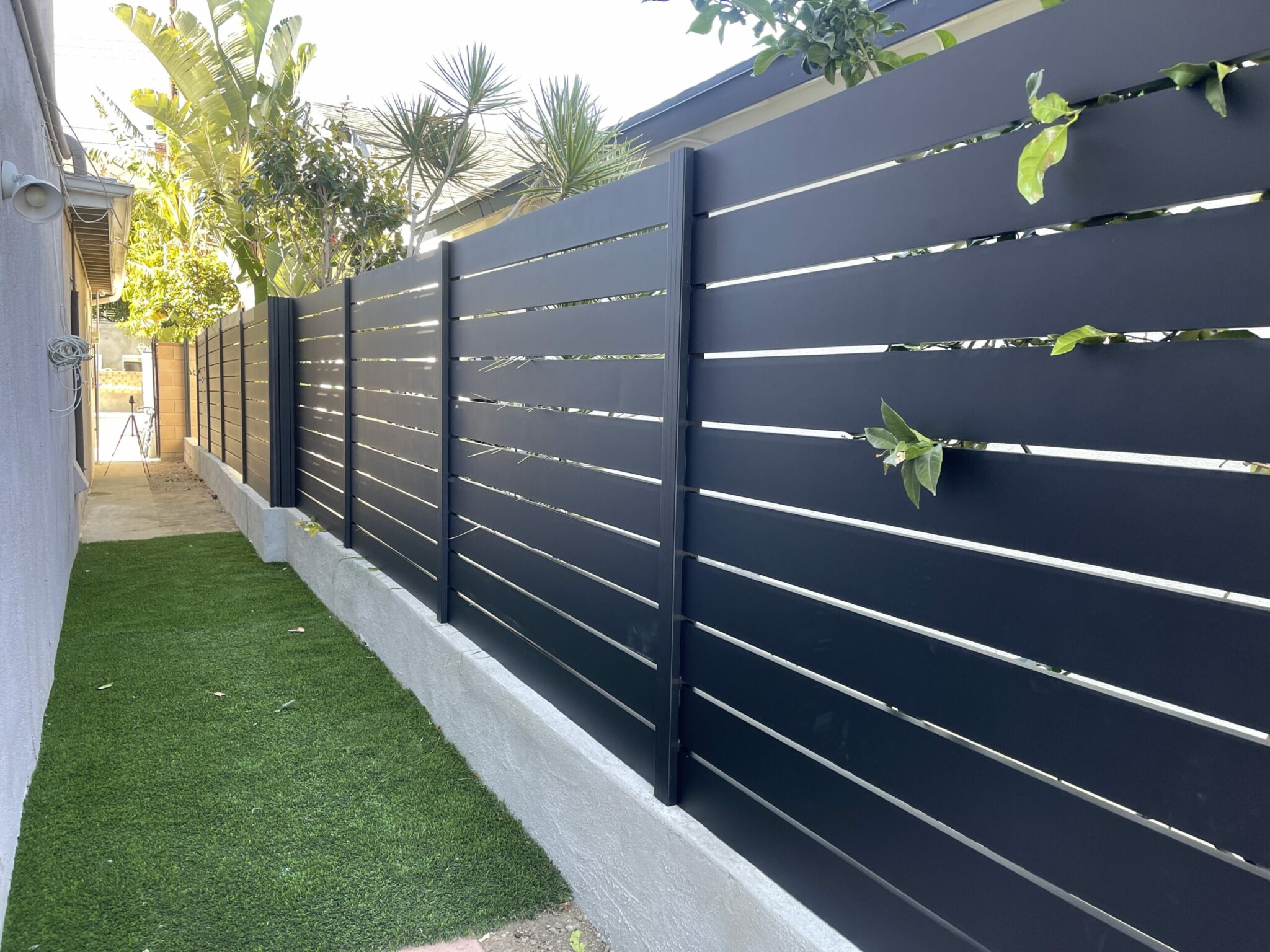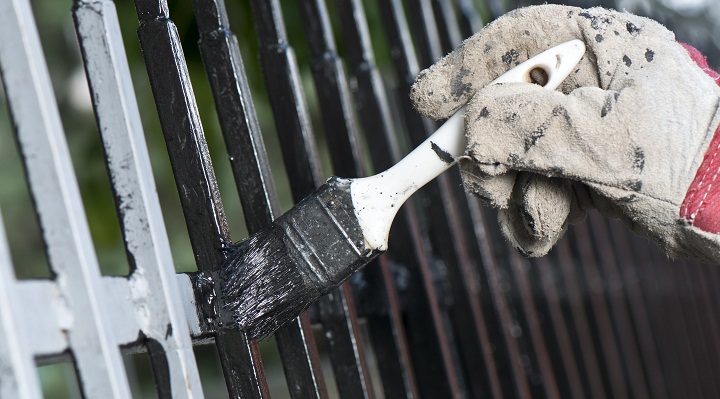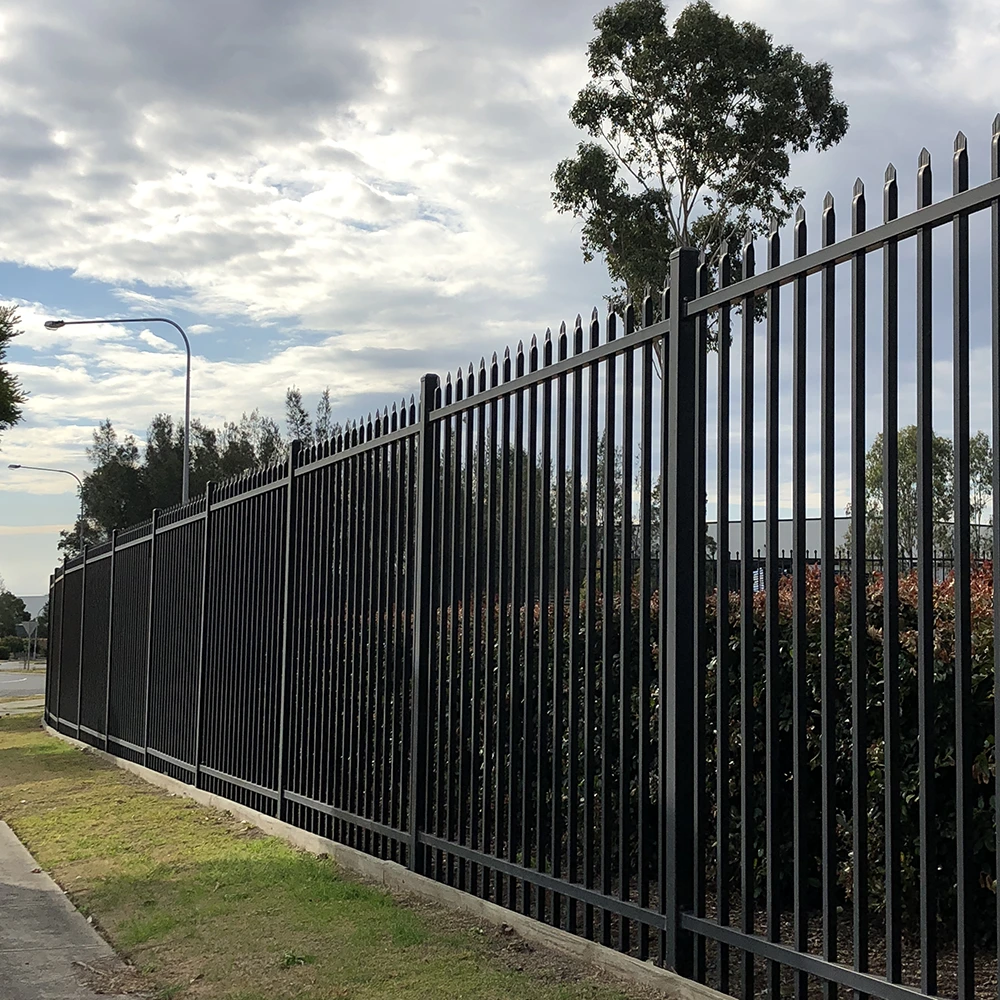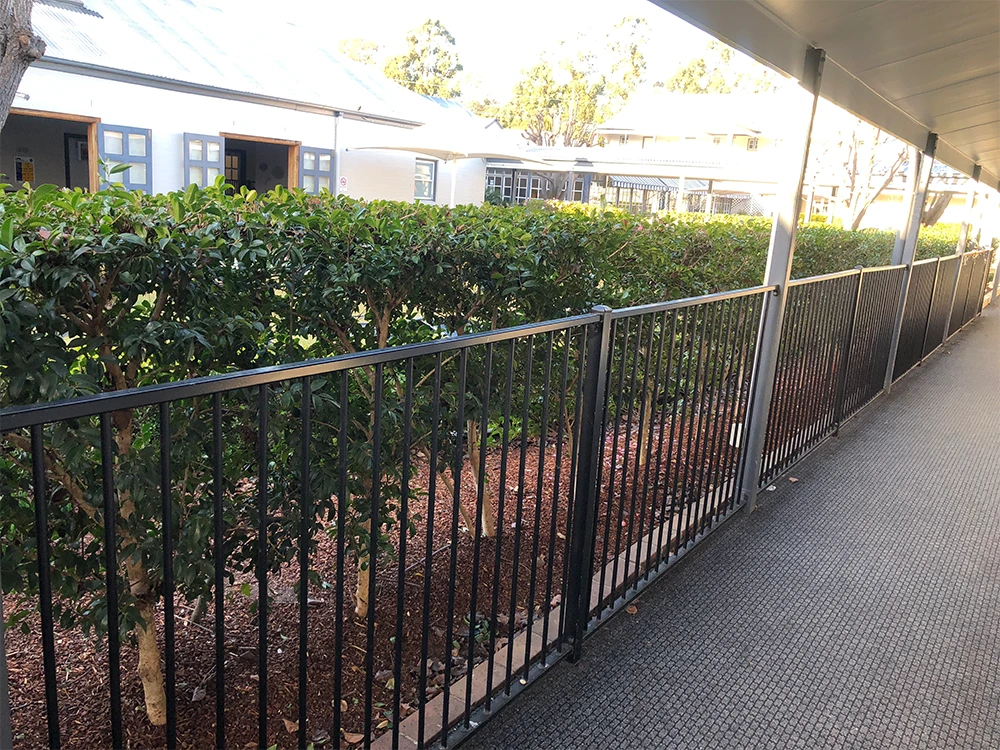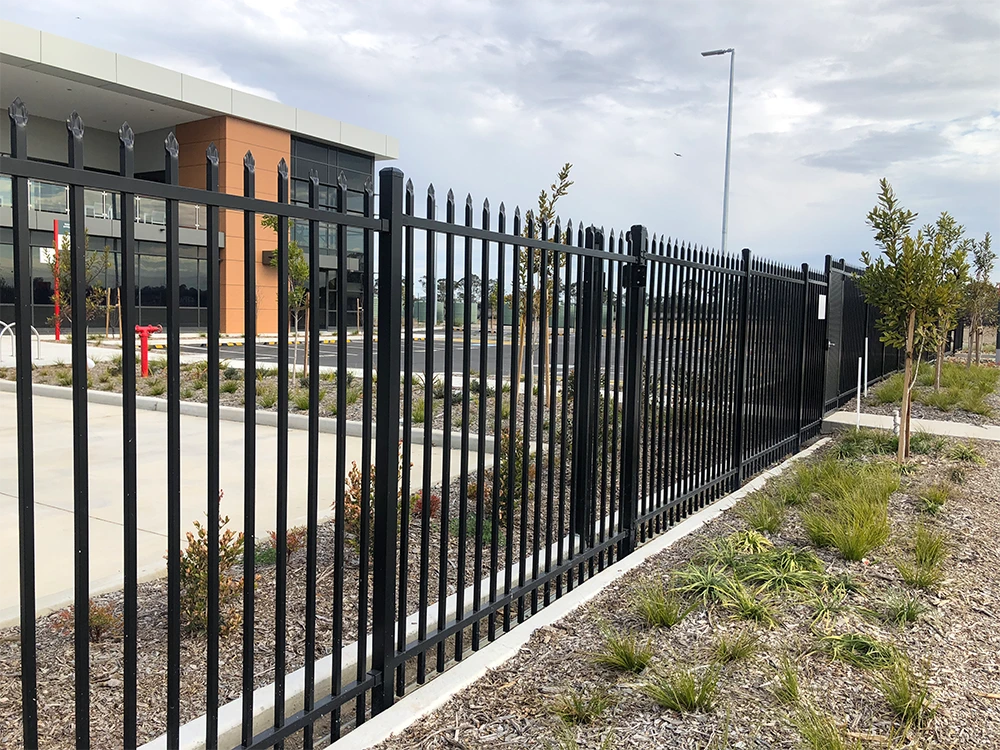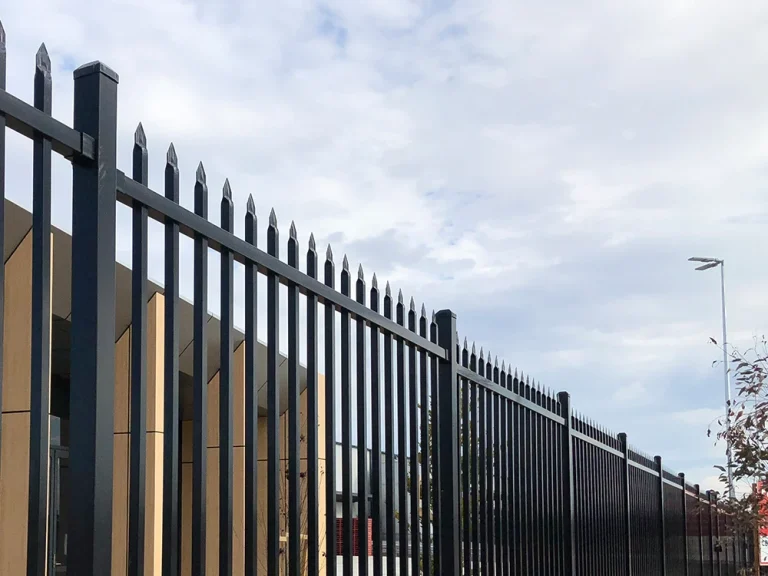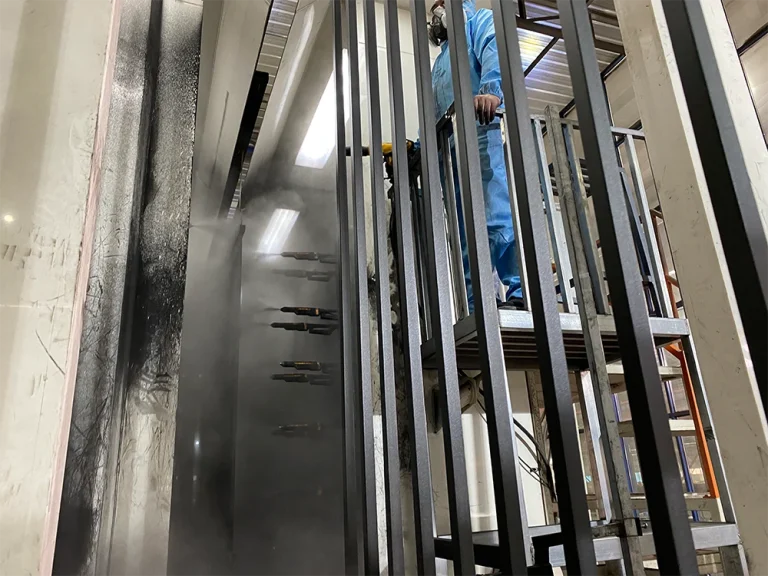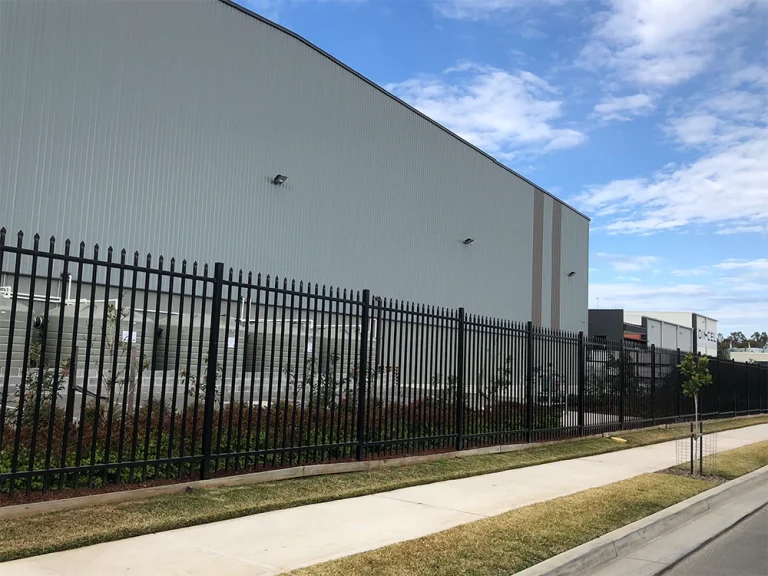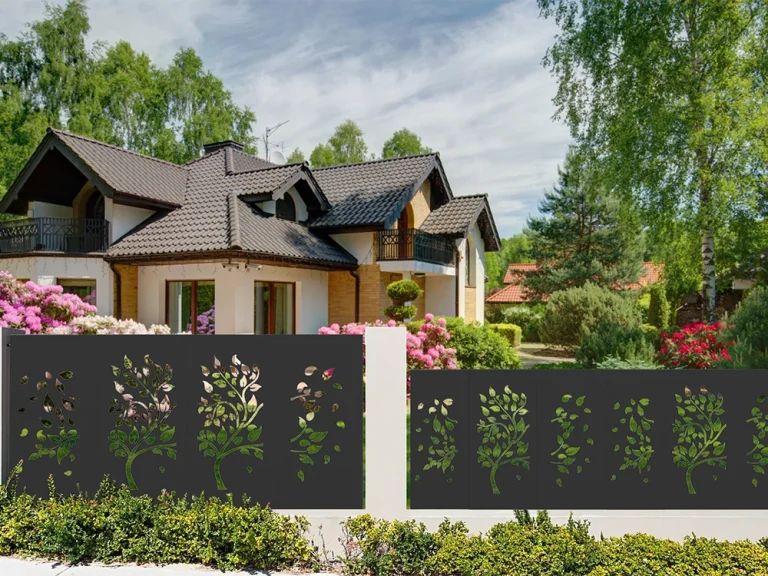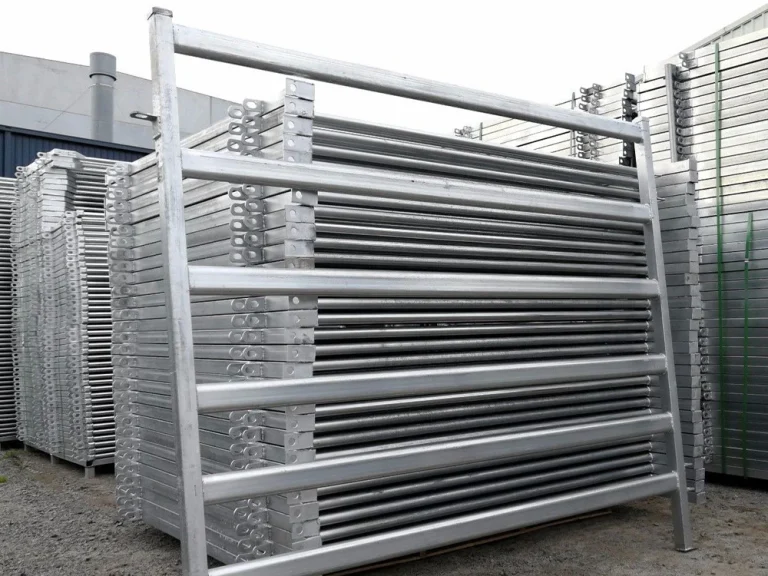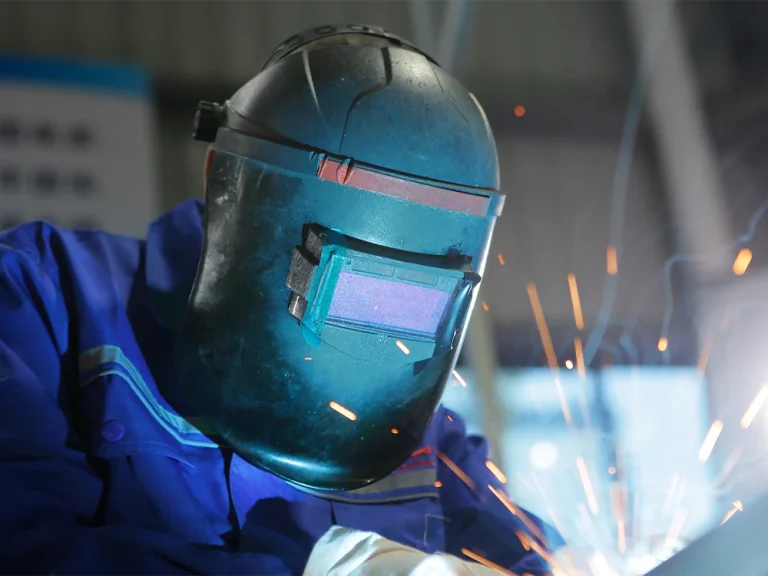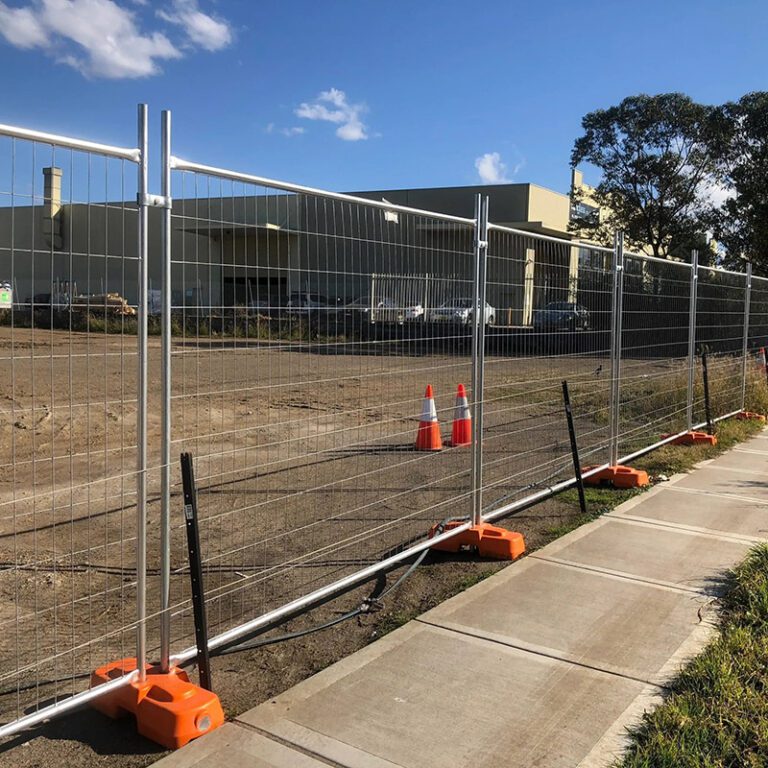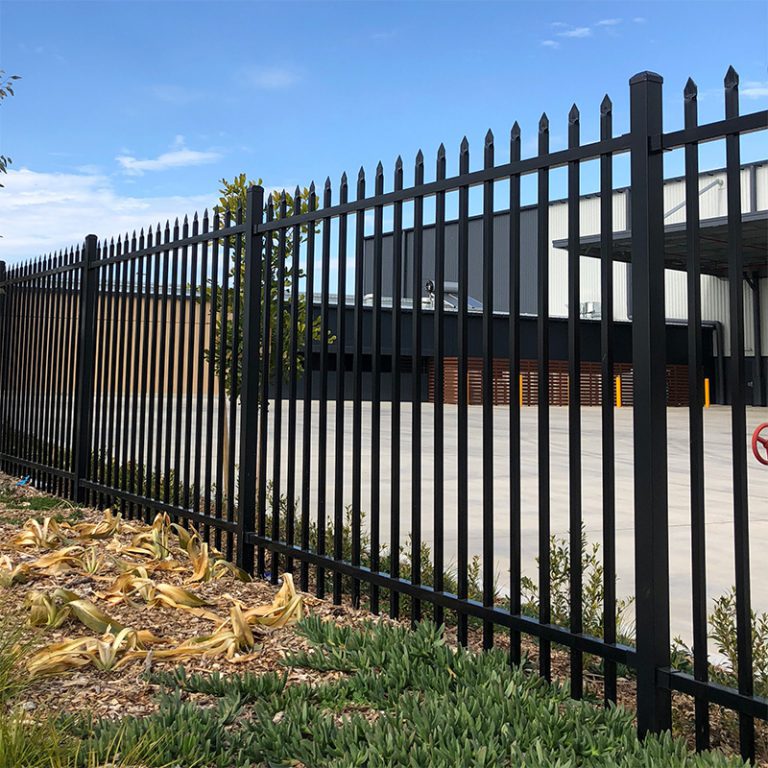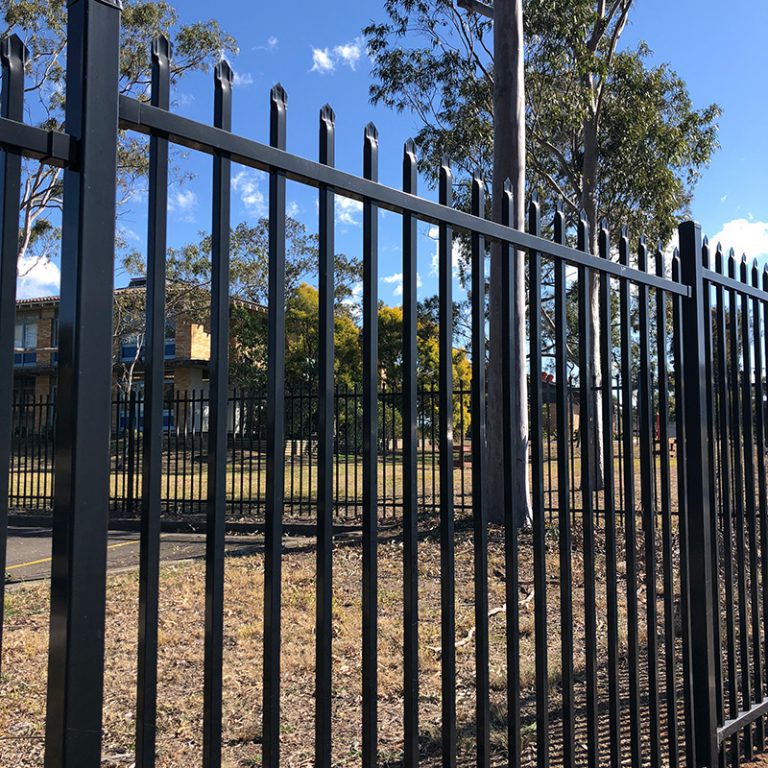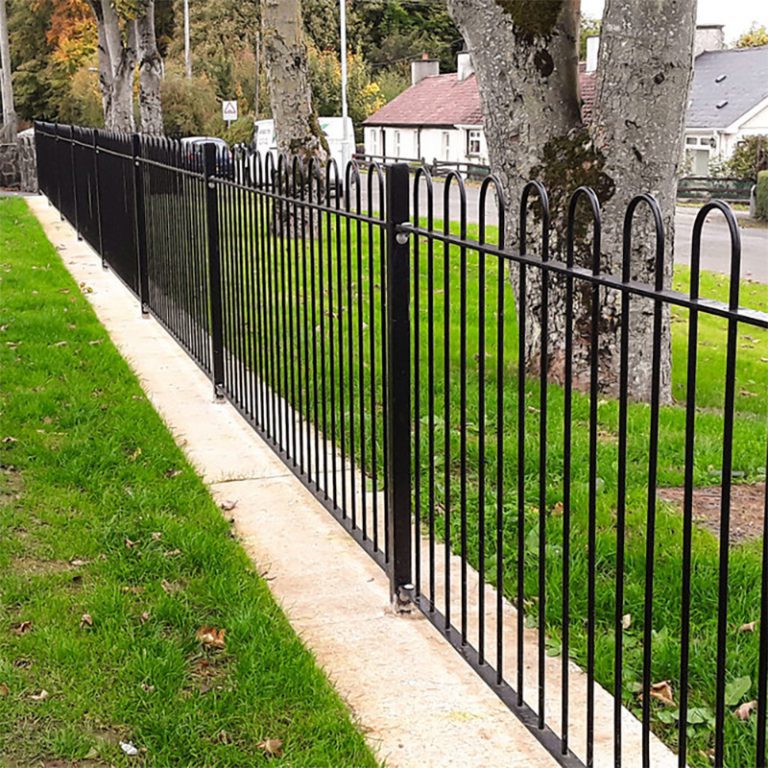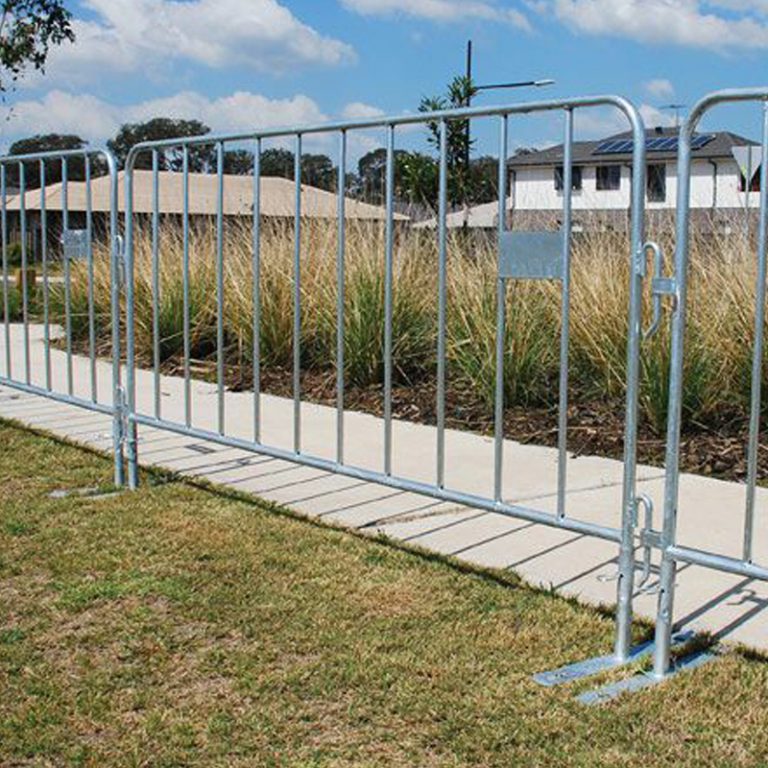There are many materials and types to choose from when it comes to choosing the perfect fence for your needs. When choosing, there are many factors to consider. In this article, the pros, cons, and influencing factors of the more popular aluminum and steel fences will be discussed.
I. Characteristics of Aluminum Fences:
Aluminum fences are known for their durability and low maintenance requirements. They are resistant to rust and corrosion, making them ideal for areas with high humidity or near bodies of water. Additionally, aluminum fences are lightweight, which simplifies the installation process. Their lightweight nature also makes them a good option for DIY enthusiasts. The strength and durability of aluminum fences make them suitable for providing security and protection for your property.
II. Characteristics of Steel Fences:
Steel fences exude a classic and elegant charm. They are renowned for their strength and durability, providing excellent security for your property. However, steel fences require regular maintenance to prevent rust and corrosion. This includes periodically sanding, repainting, and inspecting for any signs of damage. The timeless and ornate designs of steel fences make them a popular choice for historical or upscale neighborhoods.
III. Cost Comparison:
When it comes to the initial cost, aluminum fences tend to be more affordable than another fences. Aluminum fencing materials are readily available and can be less expensive to manufacture. On the other hand, steel fences are typically more expensive due to the labor-intensive manufacturing process and the higher cost of iron. However, it’s important to weigh the long-term costs as well, including maintenance and repairs.
IV. Design Options:
Both aluminum and steel fences offer a wide range of design options to suit various architectural styles. Aluminum fences can be customized with different styles, patterns, and colors, allowing you to find the perfect match for your property. Steel fences, with their intricate designs and classic look, are often seen in historical or upscale neighborhoods, they can be customized with ornamental elements and personalized touches.
V. Security and Privacy:
In terms of safety, steel fences are generally safer than aluminum fences. Their solid construction and sturdy materials make it difficult for intruders to breach. However, aluminum fences can also provide adequate security when properly installed with additional security features such as lockable gates. Privacy can be achieved with both types of fences by selecting options with closer picket spacing or adding privacy slats or panels. Consider your desired level of security and privacy when choosing between the two.
VI. Maintenance Requirements:
Aluminum fences require minimal maintenance. They do not rust and generally only require occasional cleaning with soap and water. On the other hand, steel fences need regular maintenance to prevent rust and corrosion. This includes sanding off any rust spots, repainting every few years, and inspecting for any signs of damage or loose components. Consider your maintenance capabilities and willingness to invest time and effort into upkeep before making a decision.
VII. Environmental Factors:
Both aluminum and steel fences are designed to withstand various weather conditions. Aluminum fences are naturally resistant to rust and corrosion, making them suitable for coastal areas or regions with high humidity. Steel fences can also withstand harsh weather conditions, but they require regular maintenance to prevent rust. Consider the climate and environmental factors of your location when choosing between the two.
VIII. Installation:
The installation process for aluminum and steel fences can differ. Aluminum fences are generally easier to install due to their lightweight nature, making them a popular DIY option. Steel fences, on the other hand, are heavier and require more labor-intensive installation methods. It is recommended to hire a professional to install a steel fence to ensure proper installation and avoid any safety hazards.
IX. Durability:
Both aluminum and steel fences are known for their durability, but steel fences are generally considered to be stronger and more resilient. Steel fences are less likely to dent or bend, making them a better option for areas with high traffic or potential impact. However, other fences are also durable and more resistant to rust and corrosion, making them a good choice for areas with high humidity or near bodies of water.
X. Sustainability:
Sustainability is becoming an increasingly important factor in purchasing decisions. Aluminum fences are generally more sustainable than other fences as they are made from recycled materials and are themselves recyclable. Steel fences, on the other hand, require a significant amount of energy to produce, and the manufacturing process can emit harmful pollutants. However, both aluminum and other fences can be sustainably produced by choosing manufacturers that prioritize sustainability practices.
XI. Soundproofing:
For those living near busy roads or noisy neighbors, soundproofing may be an important consideration. Steel fences are known for their sound-dampening abilities due to their solid construction. Aluminum fences, on the other hand, do not provide as much sound insulation due to their hollow construction. However, adding sound-absorbing materials such as acoustic panels to either type of fence can enhance their soundproofing capabilities.
XII. Maintenance-Free Options:
For those who want the durability and security of a fence without the maintenance requirements, there are maintenance-free options available. Vinyl and composite materials can provide the same benefits as aluminum and steel fences without the need for regular upkeep. However, these options may n
Conclusion:
Ultimately, choosing between aluminum and steel fences depends on your specific needs, preferences, and budget. Aluminum fences offer durability, low maintenance, and affordability, while steel fences provide strength, elegance, and enhanced security. Consider factors such as your desired aesthetic, the level of security required, maintenance capabilities, and budget constraints. By carefully considering these aspects, you can make an informed decision that best suits your property and personal preferences.
As a professional manufacturer, we can customize product specifications such as size, material, craftsmanship, and color according to various needs or influencing factors. At the same time, we can produce according to the standards of various countries, such as the manufacturing standards of the United States, Australia, Canada, and other countries. We can ensure that the quality of our products is stable and durable while the price is competitive, so FENCE DEPOT is the perfect choice for all types of buyers.
